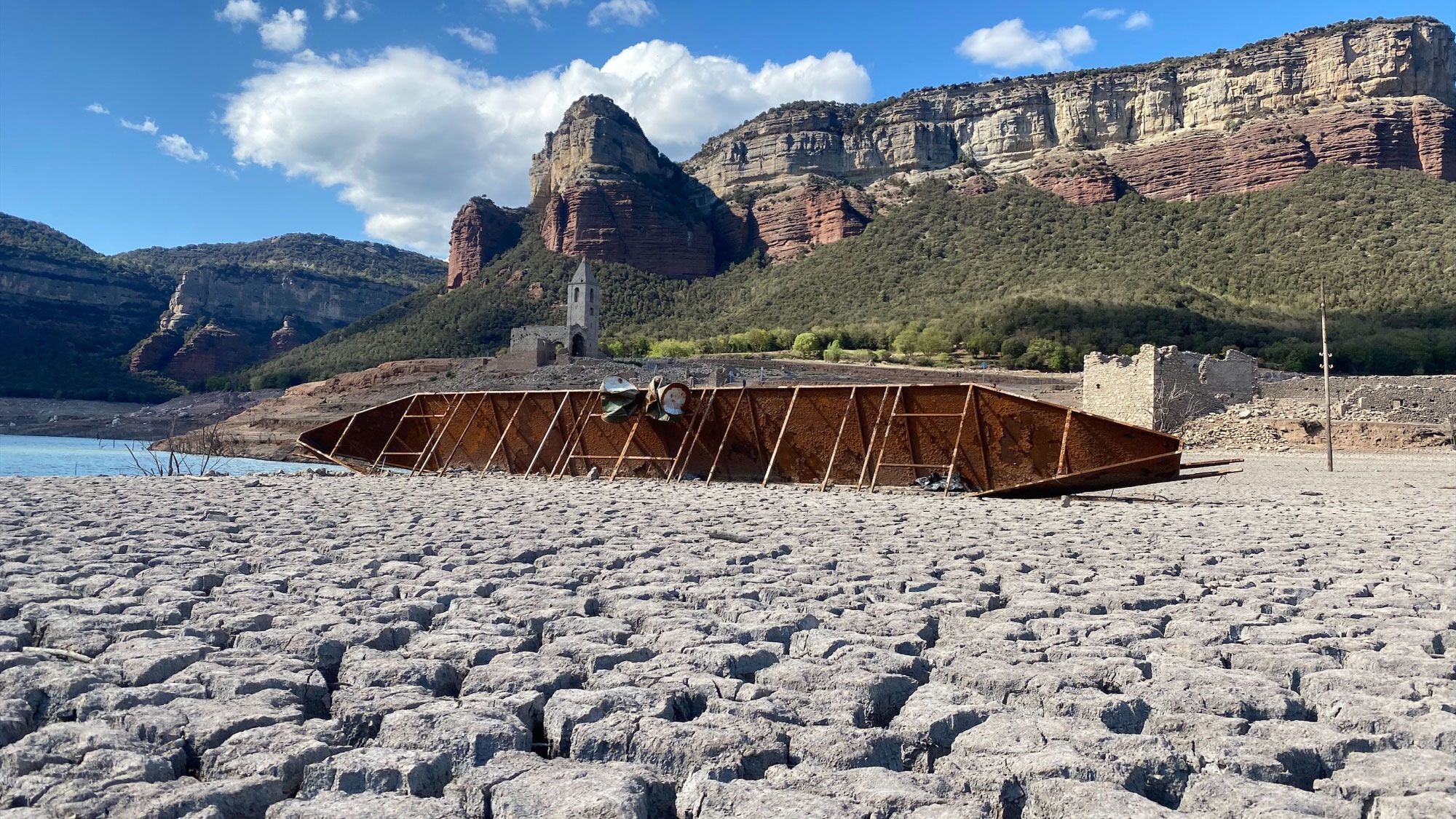
Drought in Spain Exacerbates Struggles for the Homeless
As Spain grapples with one of its most severe droughts in decades, the ripple effects are felt across the nation, with the homeless community bearing a disproportionate burden of the crisis. The scarcity of water has not only strained agricultural and urban water supplies but has also intensified the challenges faced by the most vulnerable populations in terms of maintaining basic health and hygiene.
The drought, which experts attribute to a combination of climate change and unsustainable water management practices, has led to dwindling water reserves in reservoirs and aquifers. In urban areas, this has resulted in stricter water usage regulations and reduced access to public amenities that provide water, such as showers and drinking fountains, which are lifelines for those without a home.
For the homeless, who already navigate the hardships of exposure to the elements and limited access to resources, the drought has made it increasingly difficult to find water for drinking and personal hygiene. The lack of clean water heightens the risk of dehydration, heatstroke, and sanitation-related illnesses, which can be particularly devastating for individuals with no shelter or place to recuperate.
The drought in Spain is not just an environmental or economic issue; it is a humanitarian one that calls for urgent attention and action. Ensuring access to water and hygiene facilities for the homeless is not only a matter of health but also a measure of a society’s compassion and resilience in the face of adversity.
